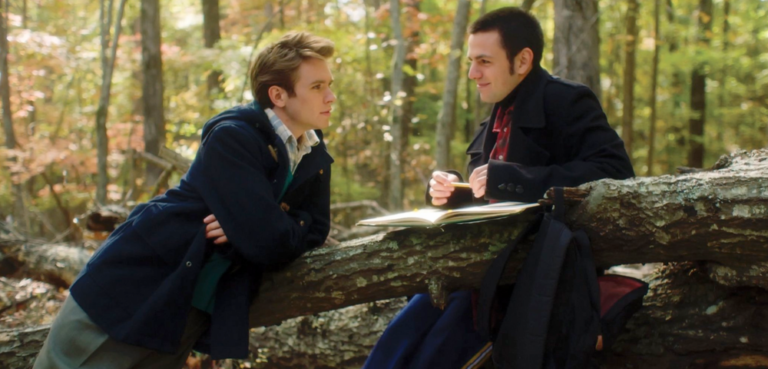
Four out of five gay men now find their long term partners online
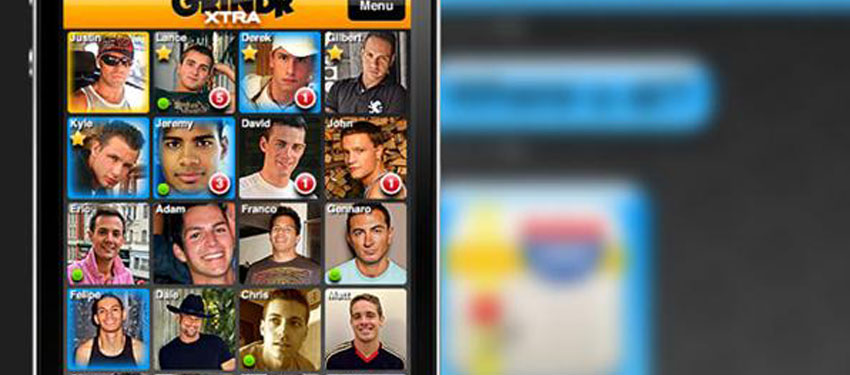
ASSUMPTIONS that gay men using hook up apps are into risky sexual behaviours may not be true, according to an expert on HIV and relationships in the LGBTI community, and health organisations may need to rethink how they communicate sexual health messages online.
LGBTI health body ACON told the Star Observer that apps allowed them to target specific groups of men but the technology had its limits in terms of effectiveness.
Far from only looking for one-night stands, University of NSW’s Kirby Institute sociology associate professor Garrett Prestage, said 80 per cent of gay men now find their boyfriends through apps and dating websites.
The research, published in the AIDS and Behaviour and backed by the National Health and Medical Research Council and LaTrobe University, showed that while only 14 per cent of gay men met their partners online in 2001, by last year that number had jumped to 80 per cent.
During the same time period, men who met partners at bars, sex-on-premises venues and through friends had dropped dramatically.
Last year, research from the Los Angeles LGBT Centre showed users of dating apps were 42 per cent more likely to be diagnosed with gonorrhoea and 37 per cent more likely to be diagnosed with chlamydia than men who met through other means, such as bars or online.
However, Prestage said the sheer amount of men using apps cast doubt on the relevance of results which suggested men going online were at a higher risk.
“One of the things that been talked about a lot over the last decade is that men who meet online are of a higher risk,” he said.
“This data show that this is faulty logic because most gay men meet partners this way… be that romantic or sexual.
“If they’re comparing it with men who don’t use apps they’re comparing men who are sexually active with those who are not.”
Prestage said research showing people who used apps had more STIs only served to stigmatise users, in the same way that people would stigmatise others for picking up in gay bars despite that once been the primary place to meet partners.
Prestage added that “the myth that an online hook up is only just about sex” could mean some health organisations’ HIV prevention outreach utilising the medium could be falling flat.
“A more sensible approach is simply to accept that men are more likely to meet via online methods these days and make sure that there are appropriate online interventions and information,” he said.
“Instead, health bodies should use different messaging of different apps depending on whether users were looking for long term partners or simply a fuckbuddy.
“You can’t just talk about ‘hook up apps’ because it covers too much, it would be the same as saying all gay bars are the same.”
ACON’s director of HIV and sexual health Karen Price said apps had changed the way gay men communicated and the organisation had been spruiking sexual health messages on the technology for five years.
“Apps allow us to reach specific target audiences… such as younger men, Asian men and sexually adventurous men with messages customised for different apps,” she said.
However, although some app users subsequently visited ACON campaign websites they often didn’t linger long and there was some resistance to receiving sexual health messages by users.
“Apps can help increase awareness of campaigns , especially by repetition, but are insufficient on their own to really drive engagement,” Price said.
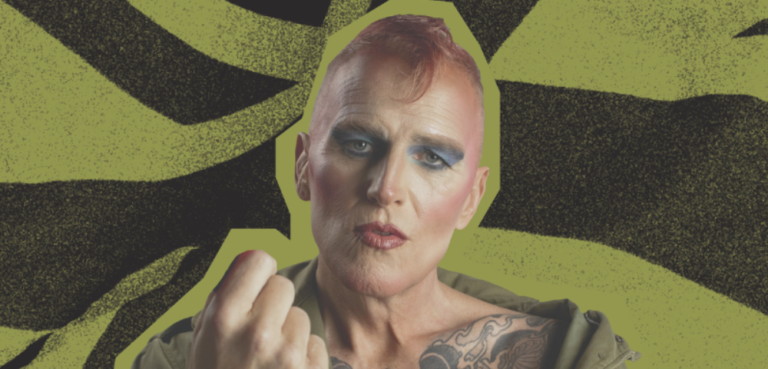



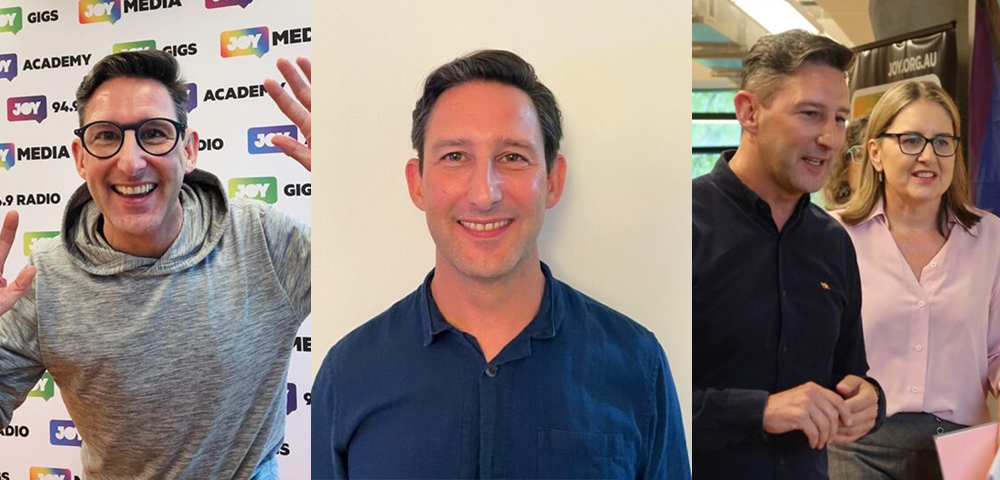

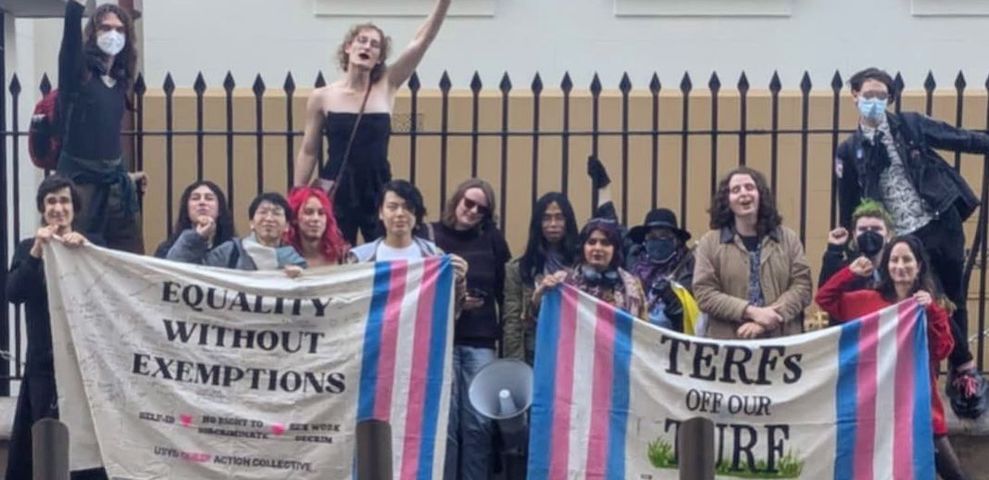



Hmm, I said to my new flatmate – who is young tall dark and handsome and a relative new commercial to things gay – I said that I keep reading how Geo Apps have changed our lives. Changed our community, etc etc. etc, it was the apps that did it…
Complete Bullshit, he said without hesitation They a stop gap he said. A niche. A minor pass time. Insignificant and lacking depth. Not to be compared to real socialising, and real social contact, and real social participation. ,, Now I am the old bird, and he is the new commer. I thought his view was well worth noting, A clean skin view not completely embost with polatics and business. The Star would do well to understand change more deeply I think. It’s not easy.